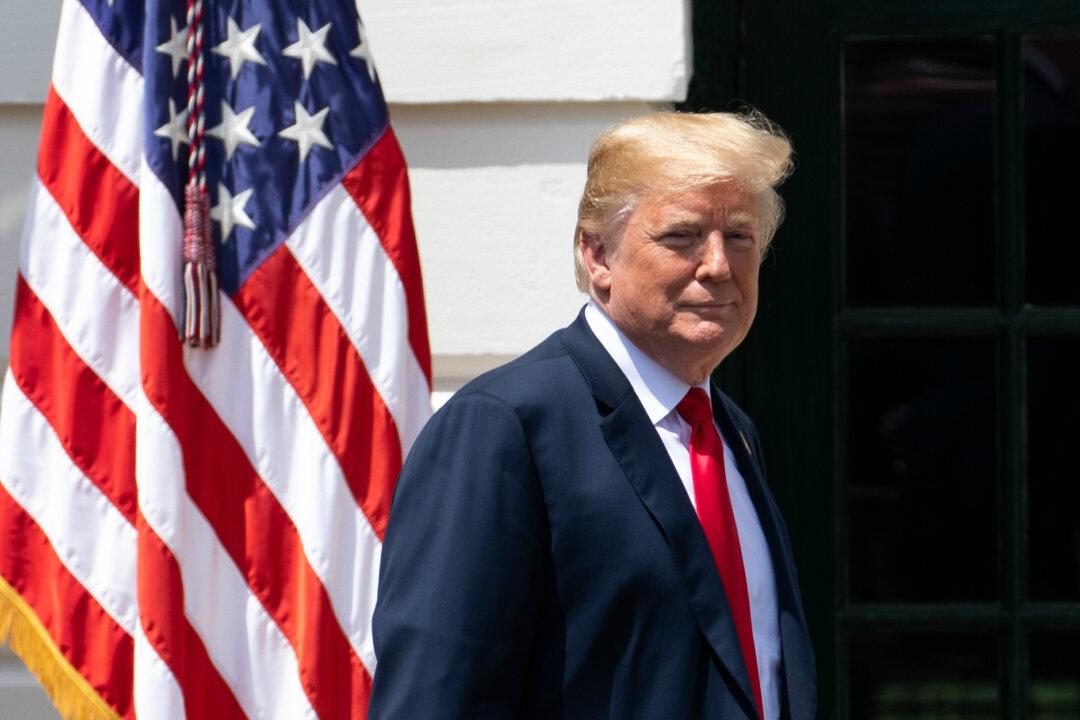President Donald Trump imposed additional sanctions on Venezuela on Monday, May 21, shortly after socialist dictator Nicolas Maduro won an election that senior American administration officials called a sham.
Trump signed an executive order aimed at blocking Maduro’s latest scheme at siphoning Venezuela’s wealth, namely by selling accounts receivable held by Venezuela’s government.





